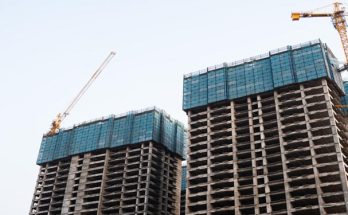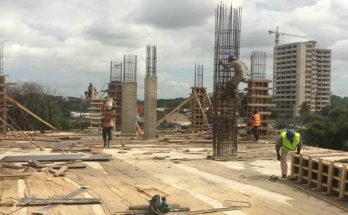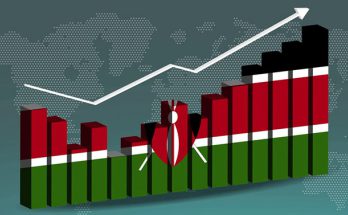 Akinwumi Adesina, President of the African Development Bank (AfDB), visited Garri Power Station situated in Khartoum and talk about the Government of Sudan’s planned power interconnection project that is to improve electricity supply in Sudan by 3,750 MW.
Akinwumi Adesina, President of the African Development Bank (AfDB), visited Garri Power Station situated in Khartoum and talk about the Government of Sudan’s planned power interconnection project that is to improve electricity supply in Sudan by 3,750 MW.
The Bank President was joined by the Executive Director (ED) Kwabena Boadu Oku-Afari, on behalf of Sudan at the AfDB; the Bank’s Director General for East Africa, Gabriel Negatu; and the Country Manager for Sudan, Abdul Kamara.
The President visited the power station and held a meeting with its management while escorted by Mustapha Holi, Undersecretary of Planning, and Abdalla Ali Ibrahim, Undersecretary of International Cooperation, both of the Ministry of Finance and Economic Planning.
The Garri power plant, which was founded in 1960, has a generation capacity of 1,745 MW and uses hydropower to produce 40% of its electricity supply, while the rest is through thermal. An extra thermal project with a capacity of 3,750 MW is intended for implementation in the coming five years.
The other power projects incorporate the Port Sudan hydro plant with a capacity of 1,500 MW, whose phase one was supported by the Arab Bank for Economic Development in Africa.
The Government is looking for funds to support phase two of this project, which is thermal. The viability study of the project is continuing.
The meeting also spoke on the intended rural electrification program, which intends to set up 1.1 million 50- to 200-watt solar home systems during the period 2015-2030. The project is estimated to profit 5.5 million people.
The meeting also explored a viability study for Ethiopia-Sudan extra voltage power interconnection system using the Blue Nile Energy Corridor. The project, which is planned to cost US $566 million, is predicted to encourage the economic development of both Sudan and Ethiopia. There is an extra cost of US $350 million necessary to develop a Khartoum power ring of 500 Kv.
The President acknowledged the accomplishments made by the Government of Sudan in its offer to meet the energy and power requirements in spite of the economic sanctions that were just lately removed.
He noted that this is generates a solid foundation for Sudan to roll out the High 5s on energy (Light up and power Africa), once the nation tackles its external debt limitations and regularize relations with the Bank.
He applauded the hard work and took note of the appeal for support to the energy sector, and promotes the Government to discover possible private sector engagement particularly in power distribution.



